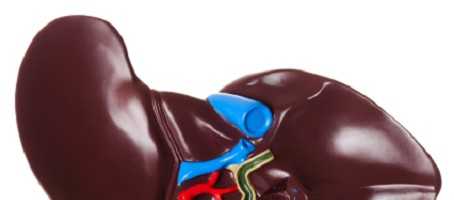A new study suggests that the liver is responsible for regulating appetite levels. This is the first time such a link has been discovered, and it could lead to effective treatment for obesity and type 2 diabetes.
The research, published in Diabetes, found that mice with a high level of hepatic glucose in the liver didn’t gain as much weight. Despite being given access to an appetising diet, the animals demonstrated a reduced appetite.
Based on these results, researchers argue that stimulating the production of hepatic glycogen could treat type 2 diabetes and obesity by making it easier for people to control how much they eat.
Joan J. Guinovart, lead author of the study at the Institute of Research in Biomedicine, said: “It is interesting to observe that what happens in the liver has direct effects on appetite. Here we reveal what occurs at the molecular level.”
The discovery was made by observing that the mice, in addition to having reduced appetites, showed few appetite-stimulating molecules in the brain. In fact, they had an increased number of appetite-suppressing molecules.
Finally, the researchers discovered high levels of hepatic glycogen and high levels of appetite-suppressing molecules were linked to adenosine triphosphate (ATP), the molecule responsible for providing cells with energy. This is the molecule that is altered by diabetes and obesity. The link was described as a “perfect correlation.”
Although more research is needed, these promising results could form the basis for new treatments for type 2 diabetes and obesity.
What's new on the forum? ⭐️
Get our free newsletters
Stay up to date with the latest news, research and breakthroughs.






